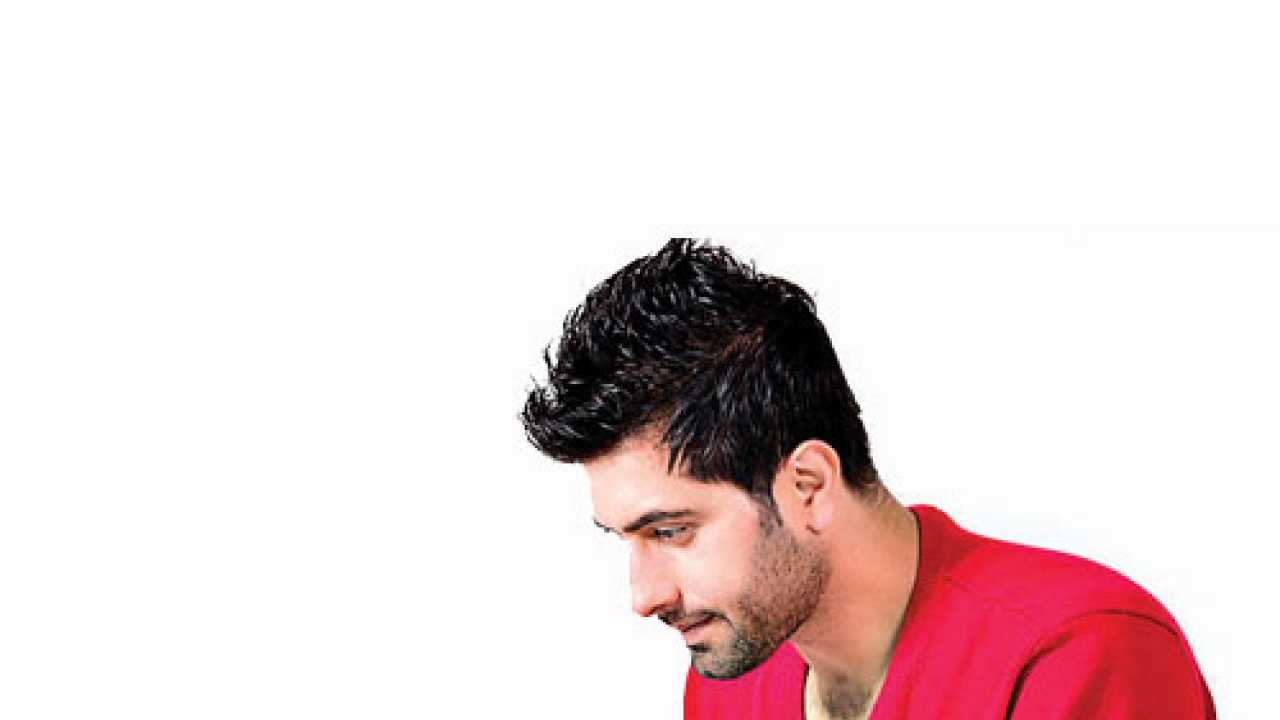
Recently, I had to apply for a new PAN card. It was a relatively painless process, despite a few weeks’ delay on account of a misplaced cheque. But what made me feel better through the whole business of following up on the application was that there was someone I could reach. The fact that I could send an email and actually get a response, that I could call a helpline to understand the problem with an executive telling me what to do, made me feel less frustrated. And when the application was processed, I was sent an update via email, telling me that the card had been dispatched and would reach me soon.
Interactions with the state have become slightly smoother because of newer technologies. You don’t have to waste precious time standing in queues, watching the defensive faces of government employees who are responsible for either blocking or expediting your file. Now citizens can apply online for a few basic services and receive updates on mobile phones or via email.
This is a major relief, of course. Many communication problems can be resolved if technologies push deeper into the countryside, and are made available in more languages. But the first step is for the government to decide to use technology to make life better, simpler and more fair for citizens.
Even with existing knowledge, much can be done to improve the average citizen’s relationship with the state. CCTV cameras are constantly being used to check crime. Video-calling and conferencing are connecting families across the globe. There is no reason these should not be used to monitor schools and hospitals in villages, so that teachers and doctors cannot absent themselves so easily.
In fact, the failure to enable things like tracking files online through government departments is making us more vulnerable to corruption. We should be able to see why municipal clearances for various projects are granted or denied. We should be able to report the illegal use of public space to the concerned state department.
Citizens should be able to reach the administration without wasting time and money travelling to block offices. Even if they’re illiterate, or don’t have personal laptops or uninterrupted power supply, it is possible to enable a video-call using a combination of solar energy, a public media centre and the internet. They should be able to make a phone call to complain if their pension is delayed.
Last week, I’d mentioned a protest in Delhi, where activists demanded solar energy. They wanted to emphasise that many alternatives are available to the human race to generate electricity, and reports said that they had connected their bicycles to a sign that was lit up as the activists pedalled.
Indeed, there are a dozen possibilities. In Tambaram municipality, methane gas was drawn from sewage and used as cooking gas for local residents. A bio-methanation plant has reportedly been set up to treat sewage generated from public toilets, which serves the dual purpose of ensuring sanitation and reducing the use of kerosene or LPG in kitchens. The state of Chhattisgarh is reportedly trying to use satellite imagery to curb illegal mining and transport of minerals. In other nations, gyms have used exercise equipment to generate electricity.
If we’d snap out of our overwhelming dependence on huge grids powered by coal or hydro-power, every district would have a shot at energy independence, we’d use natural resources better, and we’d all be one step closer to de-centralised democracy.
Annie Zaidi writes poetry, stories, essays, scripts (and in a dark, distant past, recipes she never actually tried)